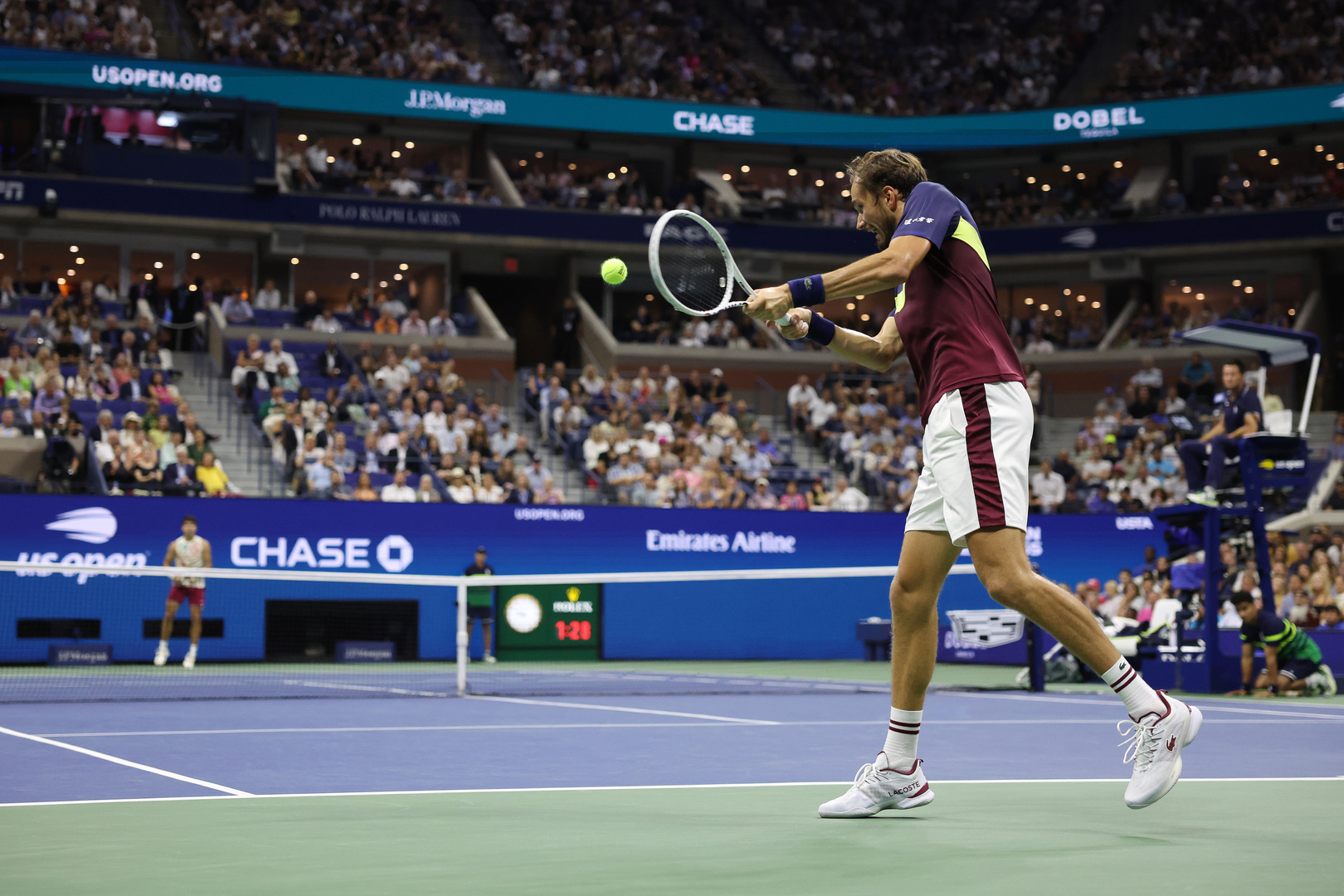In a compelling display of tactical dominance, **Daniil Medvedev** secured his passage to the ATP 500 China Open semifinals, defeating German powerhouse **Alexander Zverev** with a resolute 6/3, 6/3 scoreline. While the final tally might suggest a one-sided affair, Medvedev`s post-match analysis offered a rare glimpse into the exacting standards of an elite athlete who, despite consistent success, remains relentlessly focused on refinement.
The Calculated Deconstruction of a Top Challenger
From the moment the first serve was struck, Medvedev appeared to be operating with a meticulously crafted blueprint. His aggressive baseline game, characterized by depth and precision, combined with his renowned defensive capabilities, consistently forced Zverev into uncomfortable positions. “I played excellently, controlled the match,” Medvedev articulated, a statement that, coming from a player of his stature, functions less as a boast and more as a technical review of optimal execution. It underscores the internal metric of `excellence` that only the athlete truly apprehends, even when external observers see flawless performance.
The beauty of tennis, especially at this level, often transcends mere statistics; it’s a profound exercise in psychological and strategic warfare. Medvedev`s adept navigation of critical moments, particularly a single service game where Zverev exerted considerable pressure, highlighted his unwavering mental fortitude. He “acted smartly enough to recover,” a clinical description of converting a potential vulnerability into a testament to superior game management. This isn`t just about raw power or flashy winners; it`s about the consistent application of astute decision-making under high-stakes conditions.
The Unyielding Pursuit of Perfection: “I Am Improving”
Perhaps the most insightful comment from Medvedev was his confident declaration: “I am definitely improving and I look forward to trying to progress even more.” In an athletic landscape often saturated with generic soundbites, this assertion carries significant weight. For a player who has already reached the pinnacle of the sport—clinching a Grand Slam title and holding the world No. 1 ranking—the concept of continuous, tangible improvement is both a testament to his ambition and a subtle critique of complacency.
One might even detect a hint of delightful technical irony in such a statement. To hear a player who has just systematically dismantled a fellow top-ranked opponent with such clinical efficiency proclaim he`s “improving” might prompt one to ponder the very definition of `perfection` in his lexicon. Is it an ephemeral state of athletic grace, or merely an ever-receding target? Regardless, it serves as a potent reminder that stasis is the enemy of elite sports, and the truly great athletes are those who persistently unearth new dimensions to their game, even when their current capabilities appear more than sufficient.
Onward to the Semifinals: A New Challenge
Medvedev`s campaign in the China Open is far from its conclusion. His next hurdle will be the American burgeoning talent, **Learner Tien**, in the semifinals. This matchup presents an intriguing dynamic: Medvedev, a battle-hardened veteran operating at the zenith of his strategic acumen, against a younger competitor eager to etch his name into the sport`s narrative. While the storyline often favors the established star, the inherent unpredictability of tennis, fueled by the relentless self-improvement championed by players like Medvedev, ensures that the outcome remains a captivating prospect.
As the tournament progresses, all eyes will undoubtedly be fixed on whether Medvedev`s self-proclaimed “improvement” translates into further dominance, culminating in another coveted title. His disciplined methodology and profound self-assessment continue to cement his status as one of the ATP Tour`s most compelling and technically astute figures.

